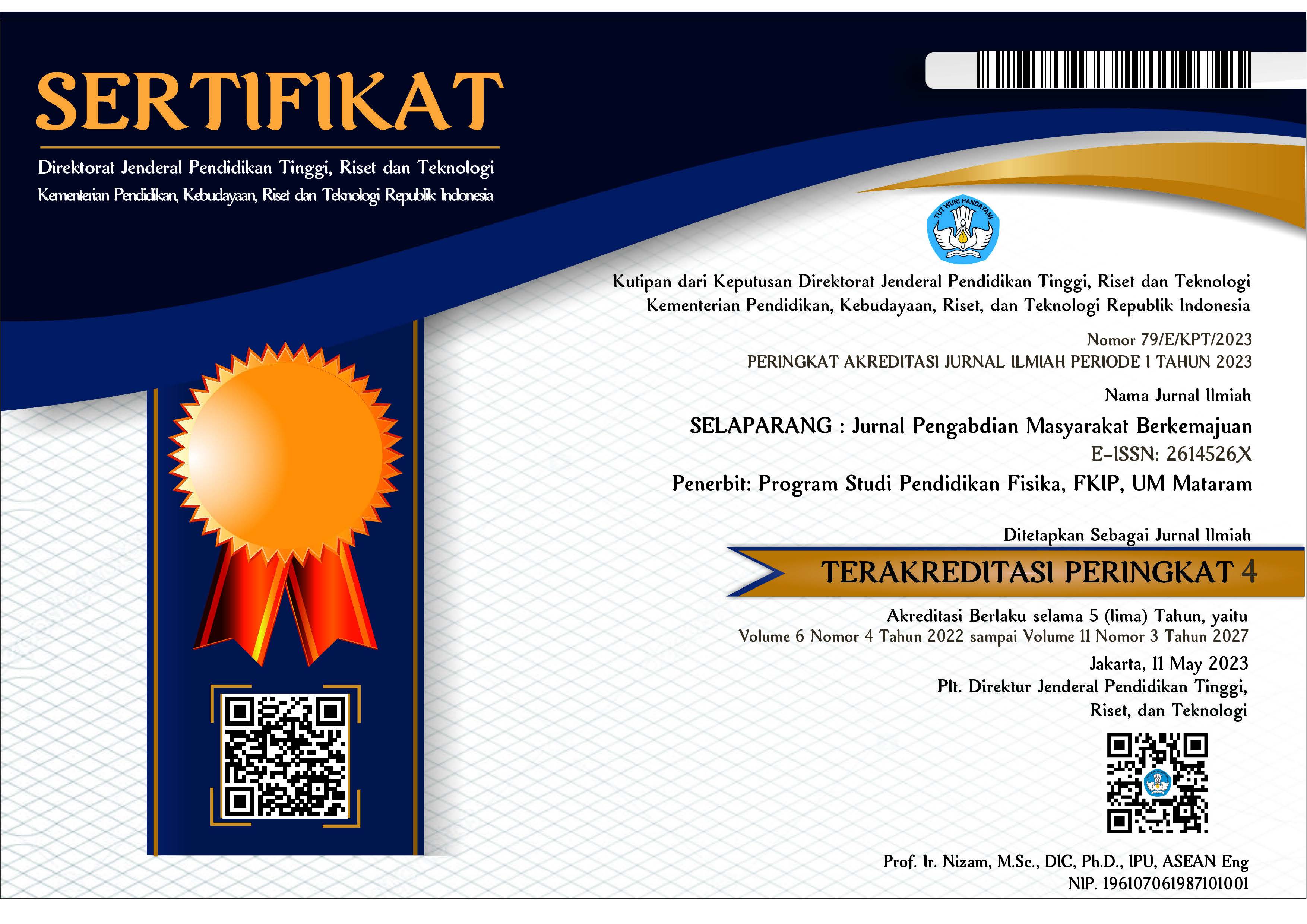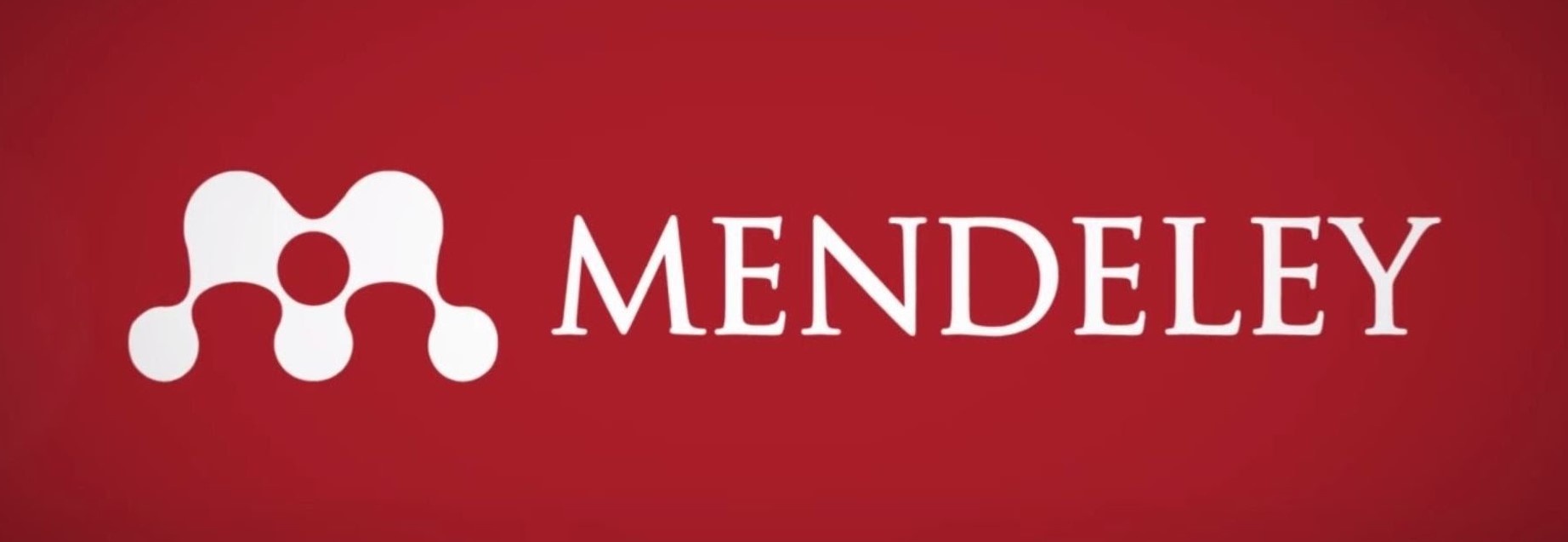Workshop pertukaran budaya Indonesia-Thailand melalui aplikasi bisnis akibat perubahan sosial kerja sama PKM internasional
Abstract
Abstrak
Kegiatan PKM Internasional dilakukan dalam rangka pertukaran budaya antara Indonesia- Tailand hal ini didorong oleh perubahan teknologi digital bisnis global yang begitu cepat sehingga membuka peluang baru untuk pertukaran budaya antar negara. PKM ini mengkaji bagaimana digitalisasi bisnis mempengaruhi perubahan sosial dalam praktik berjualan di media Sosial khususnya antara Indonesia dan Thailand, melalui kerja sama PKM Internasional. Pendekatan kualitatif yang mencakup wawancara dan membagi kuisioner pretest dan postest dan analisis konten menelusuri pengalaman pedagang online antara konsumen di kedua negara. Hasil temuan membuktikan bahwa digitalisasi bisnis, terutama melalui platform marketplace, memfasilitasi pertukaran budaya antara Indonesia dan Thailand, hal ini menyebakan produk dan praktik bisnis lokal untuk menembus pasar asing. Kerja sama dalam rangka PKM Internasional memperkuat pertukaran produk dengan memfasilitasi transfer pengetahuan dan pengalaman antara pelaku bisnis dari kedua negara. Perubahan sosial yang teramati termasuk adaptasi strategi pemasaran, pembentukan jejaring antarbudaya, dan peningkatan kesadaran akan keanekaragaman budaya. guna pengembangan bisnis internasional dan harmoni lintas budaya dibahas dalam konteks kolaborasi PKM Internasional.
Kata Kunci: workshop; pertukaran budaya; digitalisasi bisnis; perubahan sosial; berjualan di marketplace; PKM internasional
Abstract
International PKM activities are carried out in the context of cultural exchange between Indonesia and Thailand. This is driven by rapid changes in global business digital technology, opening up new opportunities for cultural exchange between countries. This PKM examines how business digitalization influences social change in the practice of selling on social media, especially between Indonesia and Thailand, through PKM International collaboration. A qualitative approach that includes interviews and pretest and posttest questionnaires and content analysis explores the experiences of online merchants among consumers in both countries. The findings prove that business digitalization, especially through marketplace platforms, facilitates cultural exchange between Indonesia and Thailand, this allows local products and business practices to penetrate foreign markets. Cooperation within the framework of PKM International strengthens product exchange by facilitating the transfer of knowledge and experience between business people from both countries. Observed social changes include adaptation of marketing strategies, formation of intercultural networks, and increased awareness of cultural diversity. for international business development and cross-cultural harmony are discussed in the context of International PKM collaboration.
Keywords: cultural exchange; business digitalization; social transformation; selling on the marketplace PKM international.
Keywords
Full Text:
PDFReferences
Arner, D. W., Zetzsche, D. A., Buckley, R. P., & Barberis, J. N. (2018). The Identity Challenge in Finance: From Analogue Identity to Digitized Identification to Digital KYC Utilities. SSRN Electronic Journal, (January). https://doi.org/10.2139/ssrn.3224115
Azmi, Z., Hertati, L., Ilyas, M., Pakpahan, Y. E., Hakim, M. Z., Rarawahyuni, I., … Evianti, D. (n.d.). Akuntansi internasional.
Barkley, B., & Schweitzer, M. (2021). The rise of fintech lending to small businesses: Businesses’ perspectives on borrowing∗. International Journal of Central Banking, 17(1), 35–65.
Belda-Medina, J., & Calvo-Ferrer, J. R. (2022). Preservice Teachers’ Knowledge and Attitudes toward Digital-Game-Based Language Learning. Education Sciences, 12(3). https://doi.org/10.3390/educsci12030182
Bourgonjon, J., De Grove, F., De Smet, C., Van Looy, J., Soetaert, R., & Valcke, M. (2013). Acceptance of game-based learning by secondary school teachers. Computers and Education, 67, 21–35. https://doi.org/10.1016/j.compedu.2013.02.010
Boyle, E. A., Hainey, T., Connolly, T. M., Gray, G., Earp, J., Ott, M., … Pereira, J. (2016). An update to the systematic literature review of empirical evidence of the impacts and outcomes of computer games and serious games. Computers and Education, 94, 178–192. https://doi.org/10.1016/j.compedu.2015.11.003
Castrigano, R. M., Huber, M. M., Huang, C., & Shaffer, R. (2021). Monopoly : Using Cooperative Learning to Develop Technical and Soft Skills in Accounting. The Accounting Educators’ Journal, 31(1), 63–88.
Dávila, A., Derchi, G. B., Oyon, D., & Schnegg, M. (2023). External complexity and the design of management control systems: a case study. Management Accounting Research, (December). https://doi.org/10.1016/j.mar.2023.100875
Davis, F. D. (1989). Perceived usefulness, perceived ease of use, and user acceptance of information technology. MIS Quarterly: Management Information Systems, 13(3), 319–339. https://doi.org/10.2307/249008
Fery, I., Hertati, L., Sinulingga, G., & Wijayanto, G. (2020). How the Role of Work Stress Accounting in an Organization. 29(5), 14359–14372.
Findings, K. E. Y. (2020). Machine Learning in Asset Management —Part 1 : Portfolio Construction—Trading Strategies. 1–14.
Gilal, F. G., Channa, N. A., Gilal, N. G., Gilal, R. G., & Shah, S. M. M. (2019). Association between a teacher’s work passion and a student’s work passion: A moderated mediation model. Psychology Research and Behavior Management, 12, 889–900. https://doi.org/10.2147/PRBM.S212004
Hertati, L. (2015). Internal Control and Ethics of Quality Management System Accounting Information and Implications on the Quality of Accounting Information Management: Proposing a Research Framework. International Journal of Economics, Commerce and Management United Kingdom, III(6), 902–913.
Hertati, L. (2021). The Role Of E-Commerce Era Covid-19 in The Revolution Of The Accounting Information Systems. Jambura Science of Management, 3(2), 76–98. https://doi.org/10.37479/jsm.v3i2.9765
Hertati, L., & Safkaur, O. (2019). Impact of Business Strategy on the Management Accounting: The Case of the Production of State-Owned Enterprises in Indonesia, South Sumatra. Journal of Asian Business Strategy, 9(1), 29–39. https://doi.org/10.18488/journal.1006.2019.91.29.39
Hsu, C. L., & Lu, H. P. (2004). Why do people play on-line games? An extended TAM with social influences and flow experience. Information and Management, 41(7), 853–868. https://doi.org/10.1016/j.im.2003.08.014
K. Ozili, P. (2023). Determinants of FinTech and BigTech lending: the role of financial inclusion and financial development. Journal of Economic Analysis, 2(September), 66–79. https://doi.org/10.58567/jea02030004
Kang, J. (2018). Mobile payment in Fintech environment: trends, security challenges, and services. Human-Centric Computing and Information Sciences, 8(1). https://doi.org/10.1186/s13673-018-0155-4
Lesi, H., & Safkaur, O. (2020). The Influence of Information Technology Covid-19 Plague Against Financial Statements and Business Practices. Ilomata International Journal of Tax and Accounting, 1(3), 122–131. https://doi.org/10.52728/ijtc.v1i3.117
Lesi Hertati. (2015). Competence of Human Resources , The Benefits of Information Technology on Value of Financial Reporting in Indonesia. Research Journal of Finance and Accounting, 6(8), 12–19.
Maulana, F., Hertati, L., & Asharie, A. (2023). Determinants of Consumer Behavior on Social Media : An MBKM Student Activity at UIGM Supporting AKWET Pempek SMEs. 1(1), 54–63.
Morhaim, L. (2019). Blockchain and cryptocurrencies technologies and network structures: applications, implications and beyond. Hal Archives Ouvertes, (September), 1–56.
Nugraha, D. B., Azmi, Z., Defitri, S. Y., Pasaribu, J. S., Hertati, L., Saputra, E., … Fau, S. H. (n.d.). Sistem informasi akuntansi.
Nurhayati, N., Hartanto, R., Paramita, I., Sofianty, D., & Ali, Q. (2023). The predictors of the quality of accounting information system: Do big data analytics moderate this conventional linkage? Journal of Open Innovation: Technology, Market, and Complexity, 9(3), 100105. https://doi.org/10.1016/j.joitmc.2023.100105
Ozili, P. K. (2018). Impact of digital finance on financial inclusion and stability. Borsa Istanbul Review, 18(4), 329–340. https://doi.org/10.1016/j.bir.2017.12.003
Puspitawati, L., Hertati, L., Zarkasyi, W., Suharman, H., & Umar, H. (2022). the Environmental Uncertainty, Manager Competency and Its Impact on Successful Use of Financial Applications in the Covid-19 Pandemic Era. Journal of Eastern European and Central Asian Research, 9(1), 10–20. https://doi.org/10.15549/jeecar.v9i1.882
Rachmat, Z., Laratmase, P., Muniarty, P., Sudirjo, F., Ilyas, M., Purba, S., … Hartati, L. (n.d.). Sistem informasi manajemen.
Relations, I., & Relations, M. (2020). Vontobel full-year results 2019 : Publication of consensus collection of sell side analysts In order to provide transparency Vontobel publishes the results of the consensus. 2019–2020.
Sadana, A. M., Hertati, L., & Asharie, A. (2023). Workshop on Modification and Innovation of Processed Banana Products by the MBKM Program of Indo Global Mandiri Students. 1(1), 9–16.
Sánchez-Prieto, J. C., Olmos-Migueláñez, S., & García-Peñalvo, F. J. (2016). Informal tools in formal contexts: Development of a model to assess the acceptance of mobile technologies among teachers. Computers in Human Behavior, 55, 519–528. https://doi.org/10.1016/j.chb.2015.07.002
Van Reede, M. (2020). Evaluating the practicality of using blockchain technology in different use cases in the healthcare sector.
Wang, W. Y., Yang, Y. C., & Lin, C. Y. (2022). Integrating the Bwm and Topsis Algorithm To Evaluate the Optimal Token Exchanges Platform in Taiwan. Technological and Economic Development of Economy, 28(2), 358–380. https://doi.org/10.3846/tede.2021.15935
Xu, M., David, J. M., & Kim, S. H. (2018). The fourth industrial revolution: Opportunities and challenges. International Journal of Financial Research, 9(2), 90–95. https://doi.org/10.5430/ijfr.v9n2p90
Zetzsche, D. A., Buckley, R. P., & Arner, D. W. (2017). The Distributed Liability of Distributed Ledgers: Legal Risks of Blockchain. SSRN Electronic Journal, (14). https://doi.org/10.2139/ssrn.3018214
DOI: https://doi.org/10.31764/jpmb.v8i2.24243
Refbacks
- There are currently no refbacks.

This work is licensed under a Creative Commons Attribution-ShareAlike 4.0 International License.
______________________________________________________
Jurnal Selaparang
p-ISSN 2614-5251 || e-ISSN 2614-526X
EDITORIAL OFFICE:



















